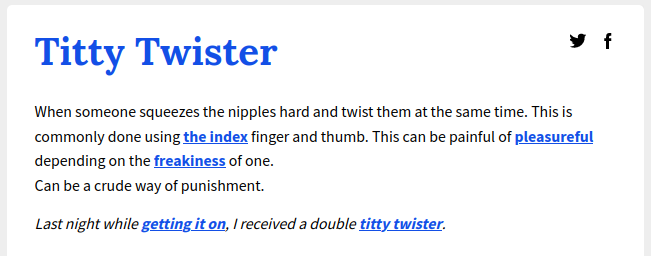“Titty twister”
What does unwanted body fat have to do with pollution?

At my father’s eightieth birthday last year, I saw friend and coworkers of his I hadn’t seen since childhood. The first thing one of them said to me was that he remembered me as chubby. By today’s American standards, I may not have been, but I remember from my childhood my older stepbrother grabbing my nipples and the fat underneath between his thumb and fingers, twisting them, and yelling “titty twister!”
I felt helpless and ashamed. It motivated me to work on lowering the body fat I didn’t want. In high school I began to play sports. In college, I got more serious, playing the sport of ultimate at the nationals and worlds level, finishing eight marathons, swimming across the Hudson River, and so on. To this day, I remember that helplessness and shame.
Sadly, most of that time I hadn’t learned nutrition, that I couldn’t outrun a bad diet. On the contrary, I couldn’t stop buying ice cream, pretzels, and chips. Running marathons while consuming a lot of empty calories made me “skinny fat,” meaning I had fat around my belly despite appearing not overweight because I had little muscle. I remember once running in Central Park in warm weather with my shirt off. I was running to lose fat for definition on my abs, but some youths pointed at me, and I overheard them laughing about seeing my ribs instead.
My feelings of shame and helplessness kept me from seeing my condition accurately or seeking help from people who knew better. The way to lower body fat is to eat healthier: avoiding doof, which became easy, cheaper, and faster when I learned to cook and appreciate fresh, healthy vegetables and fruit. Instead, back then, I concocted elaborate schemes to try to pace my consumption, like what fraction of a container I would allow myself to eat per day, but allowing more if I shared with friends or exercised extra that day and so on.
When people suggest litter is a sanitation issue, that sequestering carbon may help reduce pollution, or that we can clean plastic from the ocean, they may be technically accurate, in practice, they’re supply issues. You can’t outrun your fork. Our feelings of shame and helplessness keep us from seeing our condition accurately or seeking help from people who know better. The solution is to avoid junk, which becomes easier, cheaper, and faster when we learn to live sustainably and appreciate simple, healthy living.
Pollution is a supply issue that no amount of sanitation, sequestering, and cleaning up after can completely solve. Humans used to live in balance with nature. Restoring the values we lived by then works.
Read my weekly newsletter

On initiative, leadership, the environment, and burpees